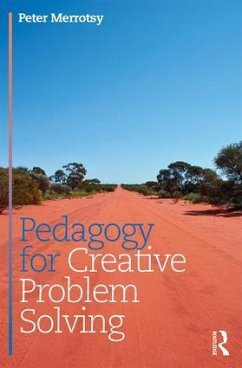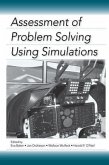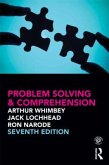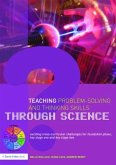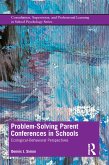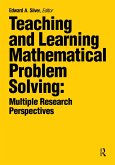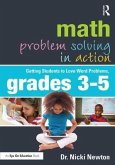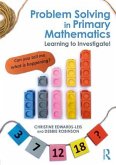This book provides students and practising teachers with a solid, research-based framework for understanding creative problem solving and its related pedagogy. Practical and accessible, it equips readers with the knowledge and skills to approach their own solutions to the creative problem of teaching for creative problem solving. First providing a firm grounding in the history of problem solving, the nature of a problem, and the history of creativity and its conceptualisation, the book then critically examines current educational practices, such as creativity and problem solving models and common classroom teaching strategies. This is followed by a detailed analysis of key pedagogical ideas important for creative problem solving: creativity and cognition, creative problem solving environments, and self regulated learning. Finally, the ideas debated and developed are drawn together to form a solid foundation for teaching for creative problem solving, and presented in a model called Middle C. Middle C is an evidence-based model of pedagogy for creative problem solving. It comprises 14 elements, each of which is necessary for quality teaching that will provide students with the knowledge, skills, structures and support to express their creative potential. As well as emphasis on the importance of self regulated learning, a new interpretation of Pólya's heuristic is presented.
Hinweis: Dieser Artikel kann nur an eine deutsche Lieferadresse ausgeliefert werden.
Hinweis: Dieser Artikel kann nur an eine deutsche Lieferadresse ausgeliefert werden.

